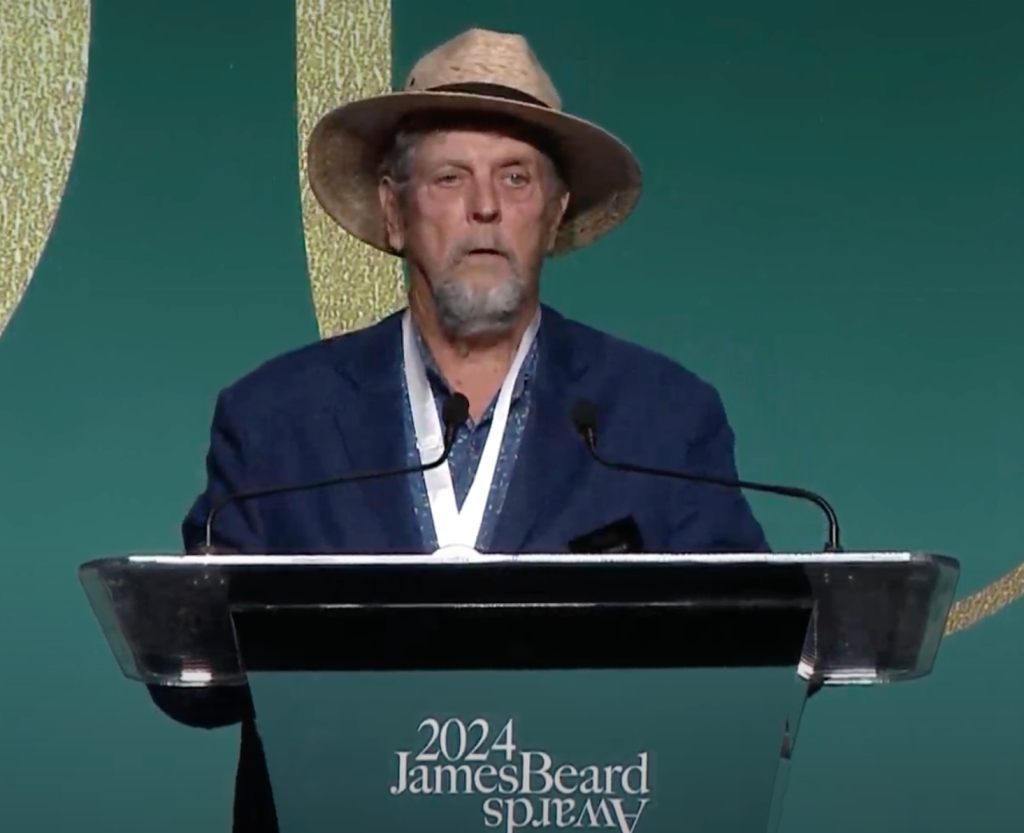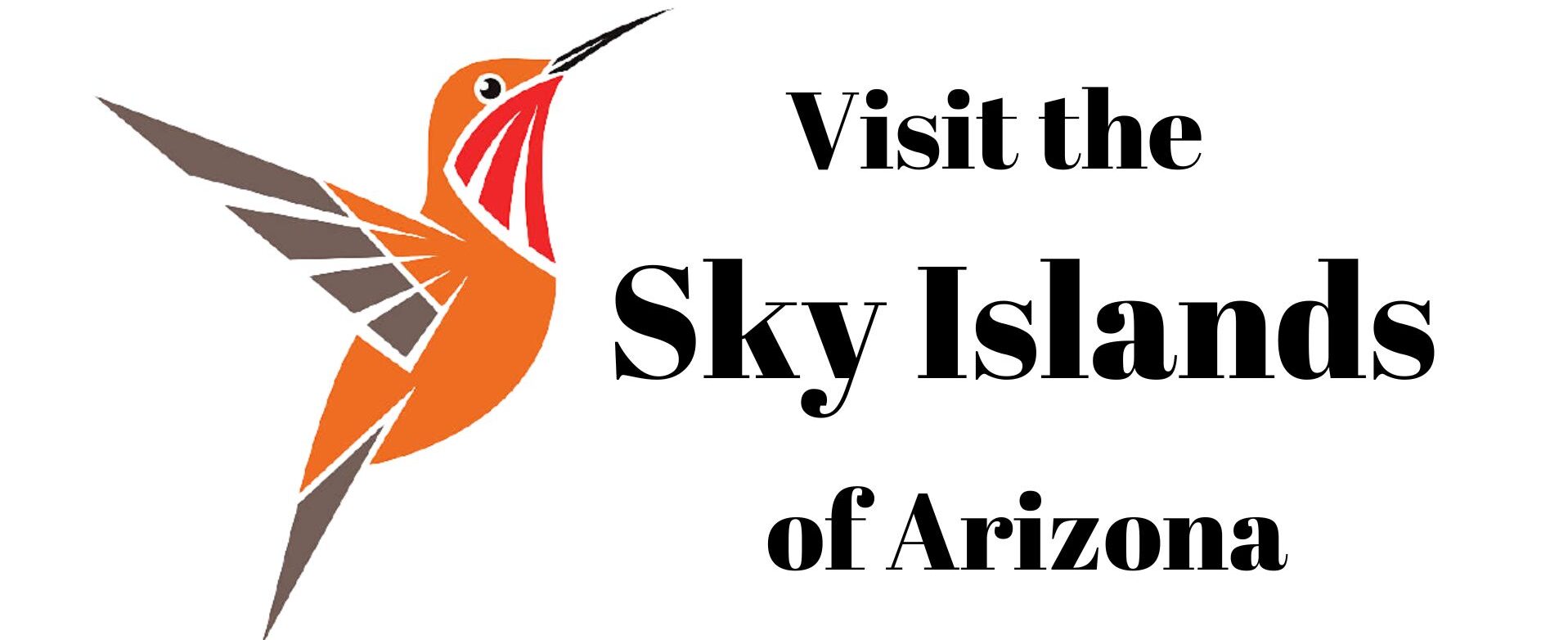Nabhan Nabs James Beard Award for Agave Book
Author: Jay Babcock and Carrie White. Reprinted with permission from the Patagonia Regional Times.

Patagonian ethnobotanist and author Gary Nabhan accepts a James Beard award last Saturday in Chicago for his 2023 book (co-written with David Sura Pinero), Agave Spirits: The Past, Present, and Future of Mezcals. Screengrab from livestream of event
Patagonian ethnobotanist and author Gary Nabhan won a prestigious James Beard Award last Saturday for ‘Agave Spirits: The Past, Present, and Future of Mezcals,’ the 2023 book he co-authored with Philadelphian restaurateur and agave advocate David Sura Pinero.
The James Beard Awards, presented annually, are generally regarded as the Oscars of the American food world. Described by Julia Child as the “quintessential American cook,” Beard made this country aware of its own culinary history. The James Beard Awards, established five years after his death in 1990, are revered as a symbol of the culinary significance to which Beard himself subscribed.
Nabhan and Pinero won in the “Beverage Writing without Recipes” category.
Here’s how Agave Spirits was described in a May 2023 PRT feature interview with Nabhan:
Like so much of Nabhan’s work, [Agave Spirits is] an inspiring, encyclopedic read about a complex and beguiling subject. It traces, in some detail, not just the 8,000-year history of the agave plant’s use by North Americans, but also its water-efficient life cycle; its mutually beneficial interaction with other plants and animals, including insects and nectar-feeding bats; how it gets made into an alcoholic distillate; and how it can help us deal with heat and drought – and fight diabetes. Folk histories, scientific breakthroughs, misguided government interventions, disastrous industrial practices, marketing crazes, exhortations for a more equitable and sustainable system of making and delivering mezcal and other agave distillates … it’s all here, along with a cast that includes a 400-breasted Aztec agave goddess, indigenous cultivators and healers, heroic “plant barbers,” rebel female mezcal makers, an unlikely 1970s American agave scholar-prophet and the “Bat Man” of Mexico. It does this book a disservice to try and summarize it in a single paragraph; rest assured this is a bravura, capstone work from two giants in their field
